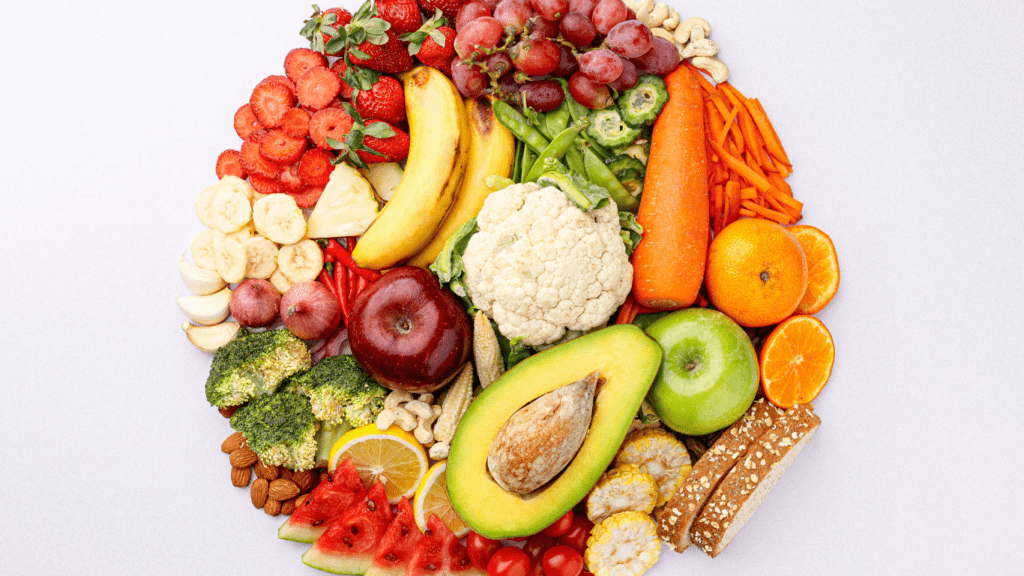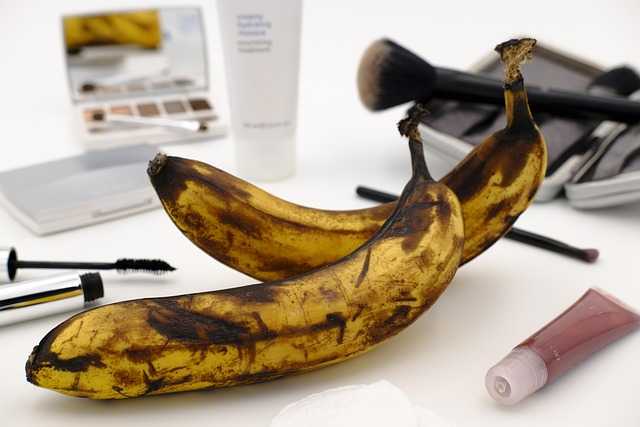Understanding the Connection Between Diet and Skin Health
Diet profoundly influences skin health. Essential nutrients bolster the skin’s structure and function, while poor choices can exacerbate skin issues.
The Impact of Nutrition on Skin
Nutrient-rich foods improve skin vitality. Vitamins like A, C, and E act as antioxidants, protecting skin from damage. Minerals such as:
- zinc
- selenium
support skin repair and regulate oil production.
Omega-3 fatty acids reduce inflammation and hydrate skin. For example, berries are rich in antioxidants, nuts provide essential minerals, and fish offer omega-3s. Consuming these foods regularly fosters radiant skin.
Common Myths About Diet and Skin
Several misconceptions exist regarding diet and skin. One myth claims greasy foods cause acne, but no direct link has been found. Instead, high-glycemic foods, such as white bread, may trigger breakouts.
Another myth suggests chocolate causes pimples, but studies show no definitive connection. However, excess sugar intake can inflame skin. Clarifying these myths helps make informed dietary choices for better skin health.
Essential Nutrients for Healthy Skin
Maintaining a balanced diet ensures your skin gets the nutrients it needs to stay healthy. Let’s dive into crucial elements vital for your skin’s appearance and vitality.
Vitamins and Minerals
Vitamins and minerals support skin health in various ways. Vitamin C, found in oranges and strawberries, stimulates collagen production, maintaining firmness.
Vitamin E, present in almonds, acts as an antioxidant, reducing UV damage. Zinc, in nuts, aids skin repair and fights acne. Selenium, in eggs, defends skin from oxidative damage.
Probiotics and Healthy Fats
Probiotics contribute to skin health by regulating gut flora, reducing inflammation, and improving skin conditions like acne and eczema. Yogurt and kefir are excellent sources.
Healthy fats provide moisture and flexibility. Omega-3 fatty acids, found in salmon and flaxseeds, combat dryness and inflammation. Avocados, rich in monounsaturated fats, enhance skin hydration and elasticity.
Foods to Include for a Radiant Complexion
A balanced diet benefits not just your overall health but also your skin’s appearance. The right foods can help achieve and maintain a radiant complexion.
Antioxidant-Rich Fruits and Vegetables
Antioxidant-rich fruits and vegetables protect the skin from oxidative stress. Blueberries, strawberries, and raspberries, for example, contain high levels of vitamin C and anthocyanins.
Spinach, kale, and broccoli are packed with vitamins A, C, and E, which support collagen production and skin repair. Consuming these regularly helps combat free radicals and supports skin health.
Hydration and Skin Health
Proper hydration helps maintain skin elasticity and prevents dryness. Drinking at least 8 glasses of water daily keeps the skin hydrated and flushes out toxins.
Including water-rich fruits and vegetables like cucumbers, watermelon, and oranges adds to your hydration levels. Water not only hydrates the skin but also ensures its cells function optimally, giving you a glowing complexion.
Foods to Avoid for Better Skin Health

Certain foods can negatively impact skin health, causing issues like inflammation, breakouts, and dullness. Avoiding these can lead to clearer, more radiant skin.
Sugary Foods and Their Effects
Excessive consumption of sugary foods promotes acne and wrinkles. High sugar levels increase insulin, triggering the overproduction of oil and clogging pores.
Candy, soda, and pastries are common culprits that exacerbate skin problems. A study in the American Journal of Clinical Nutrition found that high-glycemic foods lead to 20% more acne development compared to low-glycemic diets.
High Sodium and Processed Foods
High sodium levels cause water retention, leading to puffy eyes and bloating. Processed foods contain added salts, preservatives, and thickeners, which can lead to dull and uneven skin.
Packaged snacks, frozen meals, and fast food often have high sodium content. The Dietary Guidelines for Americans recommend less than 2,300 mg of sodium daily, yet most processed foods exceed this limit, impacting skin hydration and elasticity.
Practical Tips for Incorporating Healthy Foods
Incorporating healthy foods into your diet helps achieve clear, radiant skin while boosting overall health. Here are some practical tips to make this process easier.
Planning Your Meals
Plan meals to ensure you get a balanced intake of skin-friendly nutrients. Use a variety of fruits, vegetables, lean proteins, and whole grains.
- Variety: Incorporate a wide range of colorful fruits and vegetables, such as berries, spinach, and carrots, to get a full spectrum of vitamins and antioxidants.
- Lean Proteins: Include sources like chicken, fish, and legumes to help with collagen production.
- Whole Grains: Choose options like quinoa, brown rice, and oats for fiber and essential nutrients.
- Healthy Fats: Add nuts, seeds, and avocados for essential fatty acids that keep skin hydrated.
Making Gradual Dietary Changes
Make gradual changes to your diet for a sustainable transition. Sudden, drastic changes can be hard to maintain.
- Small Adjustments: Start by adding one serving of vegetables to your meals or swapping out sugary drinks for water.
- Healthy Swaps: Replace processed snacks with nuts or fruit. Use olive oil instead of butter.
- Consistent Hydration: Drink plenty of water throughout the day to keep skin hydrated.
- Mindful Eating: Pay attention to portion sizes and avoid overeating by eating slowly and mindfully.
Strategically planning and making small adjustments can help seamlessly incorporate healthy foods into your routine for healthier skin and overall well-being.


 Bradley Frankirly is a distinguished article writer at Body Care And Matter, bringing a unique perspective to the world of health and wellness journalism. With a keen eye for detail and a passion for storytelling, Bradley crafts articles that resonate deeply with readers, offering both informative content and a relatable narrative.
Bradley Frankirly is a distinguished article writer at Body Care And Matter, bringing a unique perspective to the world of health and wellness journalism. With a keen eye for detail and a passion for storytelling, Bradley crafts articles that resonate deeply with readers, offering both informative content and a relatable narrative.

